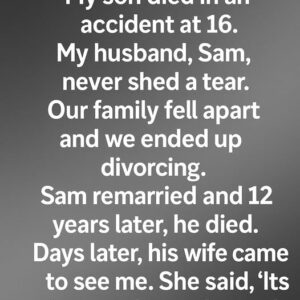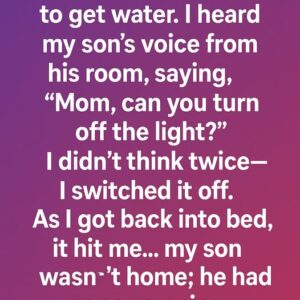The tragic death of Charlie Kirk at Utah Valley University on September 10, 2025, has shocked the nation and launched a high-profile investigation. Kirk, 31, was addressing students during his American Comeback Tour when a single shot rang out, ending his life. The event, meant to inspire, turned into a scene of chaos and panic, with students and supporters scrambling for safety.
Authorities immediately locked down the campus, and federal agents swarmed the scene. Although one suspect was briefly detained, they were later released, and the shooter remains at large. The FBI has taken over the case, vowing to use every available resource. So far, the identity and motive of the shooter remain unknown, leaving the public anxious and awaiting answers.
Eyewitnesses described the moment as surreal and terrifying. Jeremy King, who sat near the stage, recalled confusion at first—thinking it might be part of the event—before realizing the horror unfolding. Kirk’s security team rushed to respond, but the fatal wound proved too severe. He was pronounced dead at a nearby hospital within ninety minutes.
The news spread rapidly, with tributes pouring in from across the political spectrum. Former President Donald Trump called the assassination a national tragedy and ordered flags at half-staff. Vice President JD Vance offered condolences to Kirk’s widow, Erika, and their two children, who had been present but unharmed.
The timing of the incident has further shaken the public, coming just weeks after another mass shooting at a Minneapolis church. Kirk’s death has intensified national conversations around public safety, political violence, and mental health in an increasingly divided nation.
As the investigation continues, the country mourns a deeply polarizing yet influential figure. For his family, friends, and followers, Kirk’s death represents not just a political loss but a deeply personal tragedy with lasting implications.





